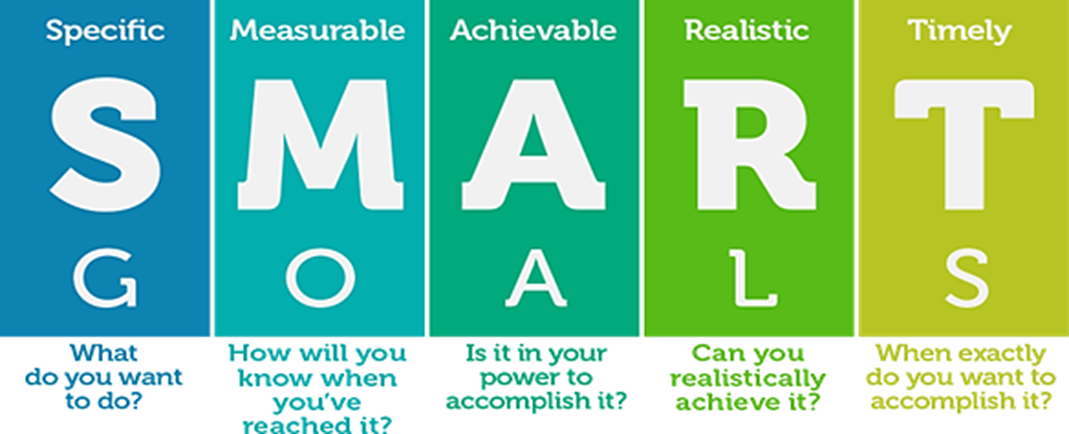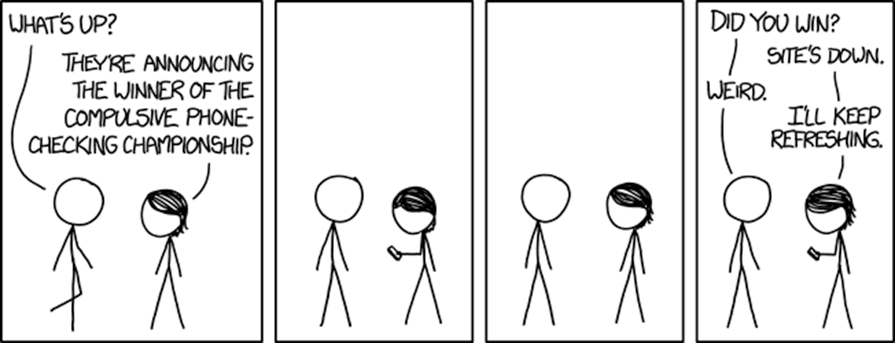Style of coping that causes short-term consequences but long-term payoffs
Approach coping
The number one predictor of whether people seek medical attention
Pain, particularly in valued body parts
outweigh (be greater than)
Operant conditioning relies on these to influence behavior
Rewards and punishments
Coping method that is better for controllable stressful events
Problem-focused coping
"Medical Delay" is the delay that occurs between these two time points
Setting up an appointment and actually seeing the doctor
Theory that attitudes and subjective norms are the causes of intention to change a health habit
Theory of Reasoned Action
Three of the five elements of setting "S.M.A.R.T." goals

Type of meditation that involves a heightened awareness of the present that downregulates the limbic activity
Mindfulness meditation
The "sick role" extends the concept of illness behaviors in this way
Societal response to those behaviors
People are more likely to pursue health behaviors when they meet these three desires
Autonomy, Competence, and Relatedness

Variable Interval
The 5 steps of coping in order
- Stressful event occurs
- Appraisal
- Coping response
- Coping task
- Coping Outcome
Hypochondriasis can a double-edged sword for these two reasons (one bad effect and one good effect)
Bad: False positives, hurt relationship with doctor, nervousness
Good: Greater utilization of medical resources, greater awareness when issues arise
Fear appeals are a double-edged sword for these reasons (one good and one bad)
Good: Motivates people to avoid negatives
Bad: Can be overwhelming and cause people to ignore the message
Upward social comparisons are a double-edged sword for these reasons (one good and one bad)
Good: Motivate change, give new ideas, show possibility
Bad: Hurt self-esteem, can set bar too high
Two potential reasons for why self-affirmation is beneficial for stress reduction
- Reaffirms ability to handle stressor (secondary appraisal)
- Influences relative importance of stressor (primary appraisal)
- Affirms better health practices
- Increases self-esteem
- Positively Affirms values/strengths
Explanation for "medical students' delay" and problems with sites like WebMD
Hyper attention to specific symptoms that indicate presence of disease, but ignoring the absence of unfamiliar symptoms
Two primary take-home messages of the Transtheoretical Model of Change
Different interventions for different stages
Relapse is a common occurrence
Three principles of positive reinforcement
- Must be rewarding
- Appropriate Rewards
- Shaped
- Reward Effort
- Reward Emotional Skills